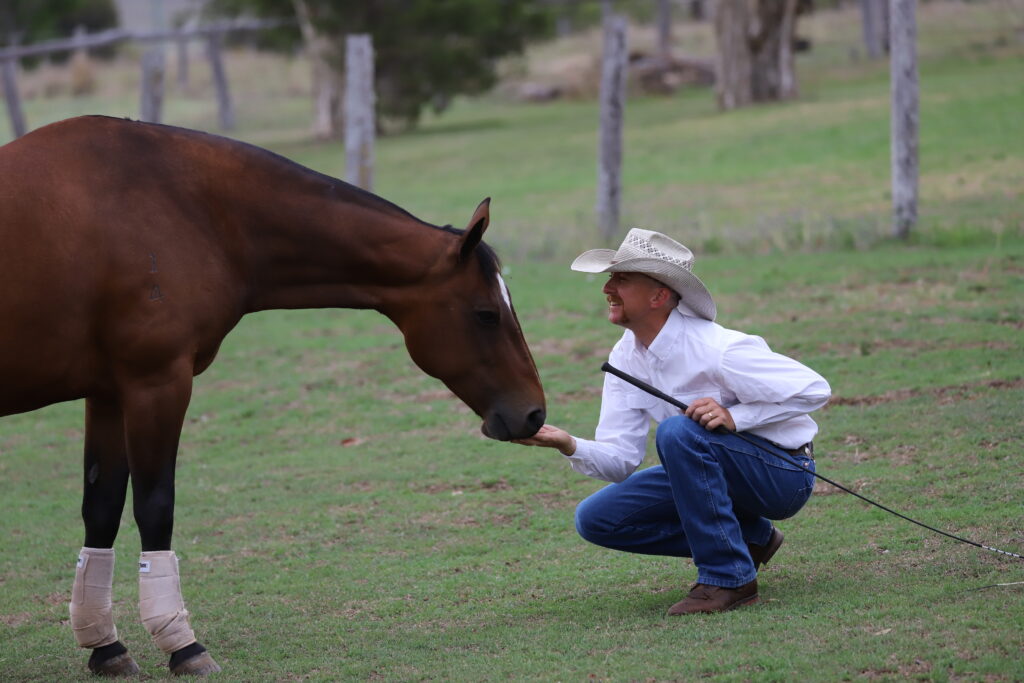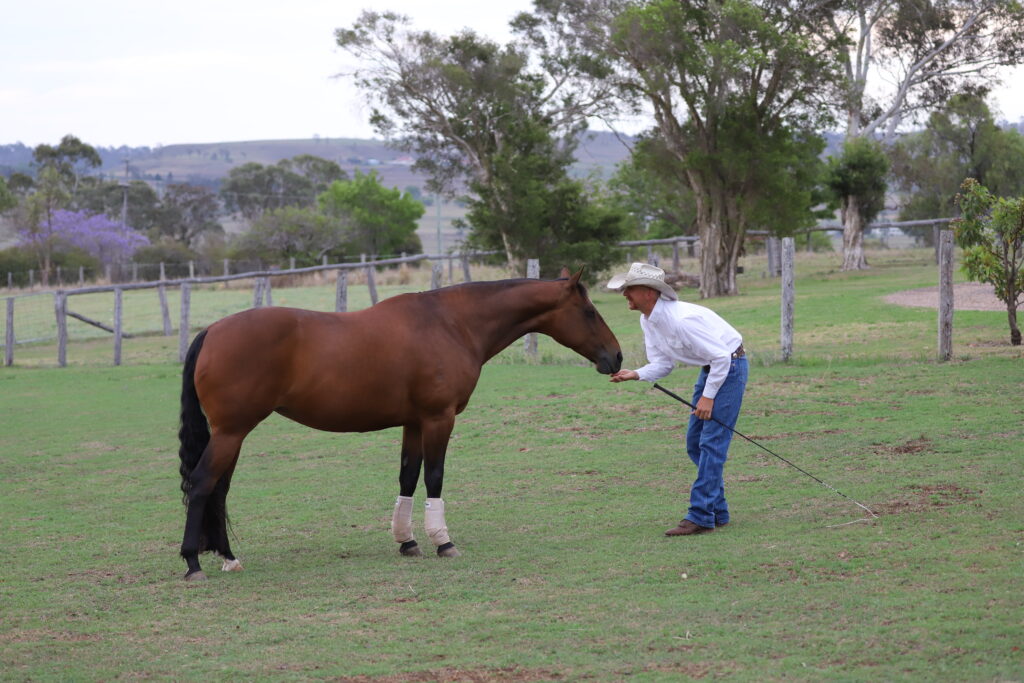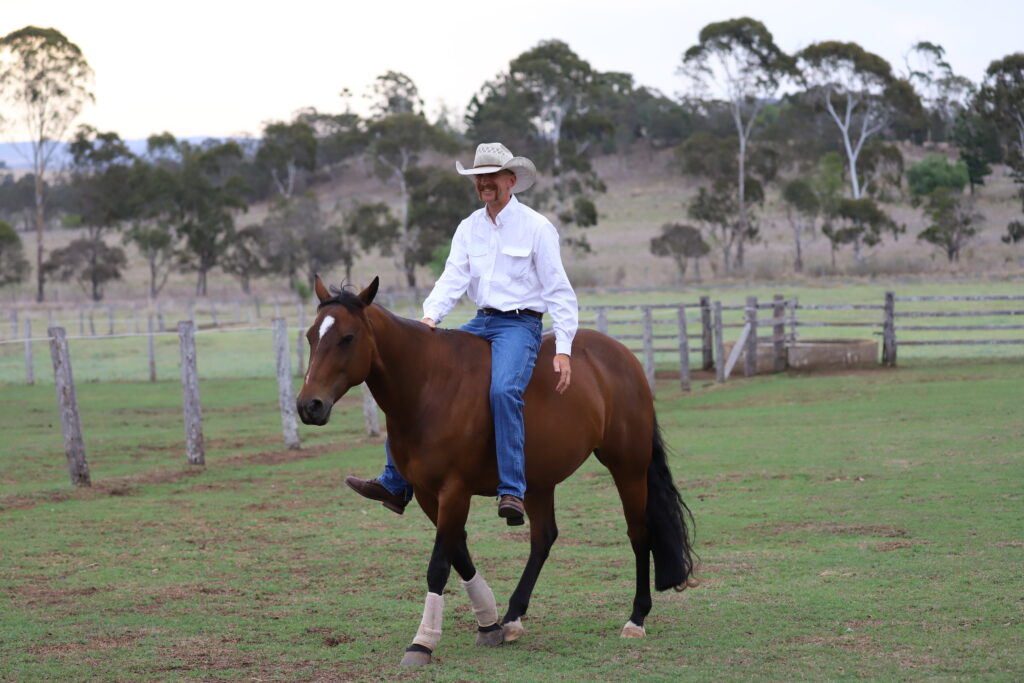Relationship First Principles
Kim’s “relationship first” principles are grounded in the idea that developing a strong, trust-based relationship between the horse and the rider is fundamental.
This approach has several key benefits for both the horse and the rider:
- Safety: When a horse and rider have a solid relationship built on trust and communication, the horse is more likely to respond to cues because fear isn’t clouding their perception. A horse that is reactive is tapping into their sympathetic nervous system which controls their flight response. Whereas a horse that genuinely trusts their owner is less likely to exhibit reactive behaviour because they are tapping into their parasympathetic nervous system, causing them to relax and better interpret information.
- Communication: Developing a strong bond with your horse involves learning to understand the horse’s body language and cues and through having an open two-way conversation. This deep level of communication allows the owner to better anticipate and respond to the horse’s needs and emotions. For example, when your horse is displaying signs of overwhelm, you are able to read these signs and acknowledge this by helping them find their way back to a “place of peace” and internal relaxation.
- Welfare: Prioritising the horse’s well-being and emotional state is essential and this comes from aligning objectives from the horses point of view. Horses are highly intuitive and sensitive animals, and when they feel safe and respected, they are more likely to thrive physically and emotionally.
- Performance: A horse that trusts its owner is more likely to perform well when asked. Whether it’s dressage, endurance or trail riding, a positive relationship between horse and owner can enhance performance and lead to a better experience for both.
- Enjoyment: Owners often find that building a strong bond with their horse enhances their overall enjoyment of their time together. Connection with the horse and mutual trust can create a more fulfilling relationship for both.
- Care: A relationship-first approach can lead to a healthier working life for the horse. When horses are treated with care, respect, and empathy, they are less likely to experience stress-related health problems.




